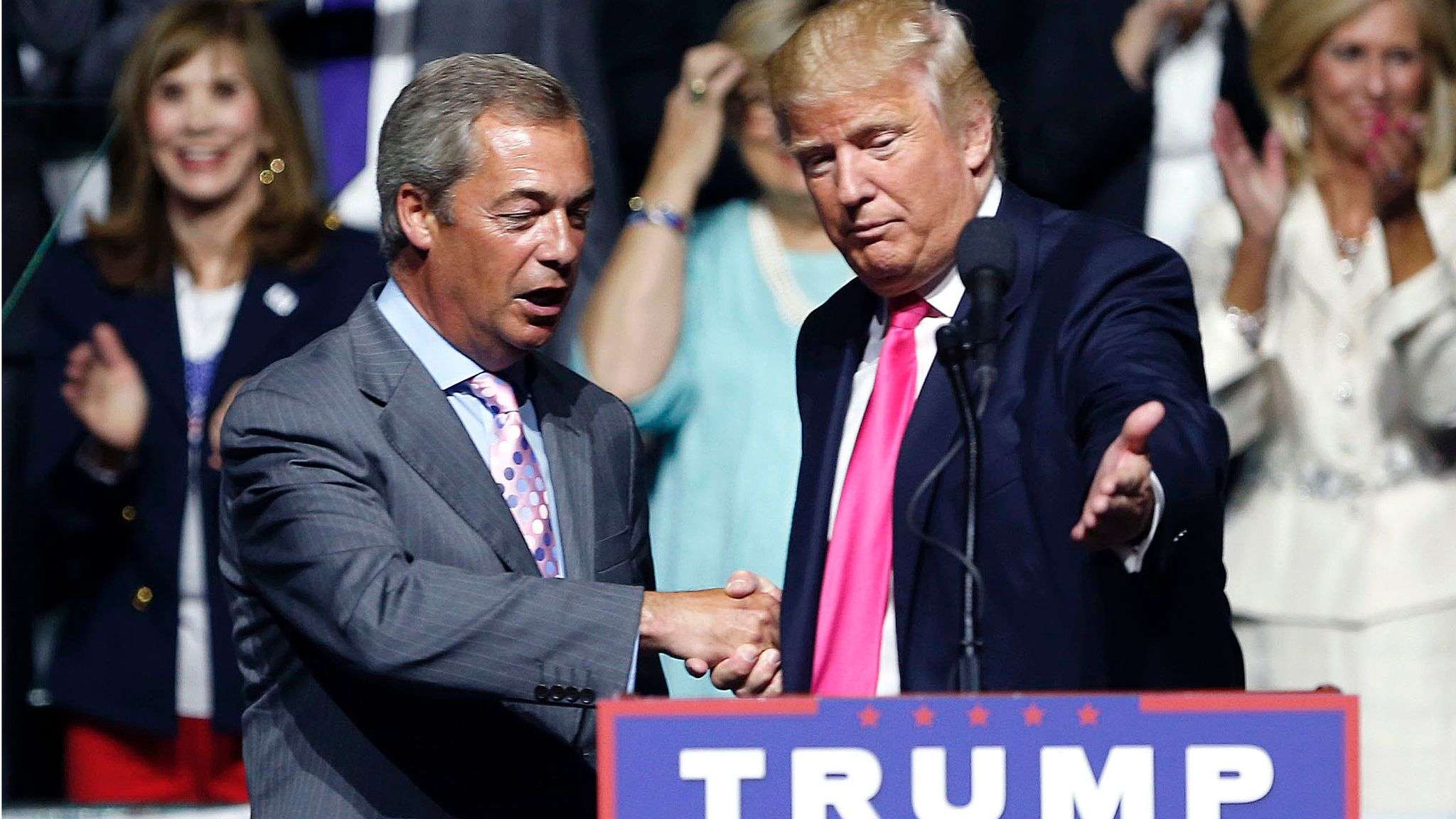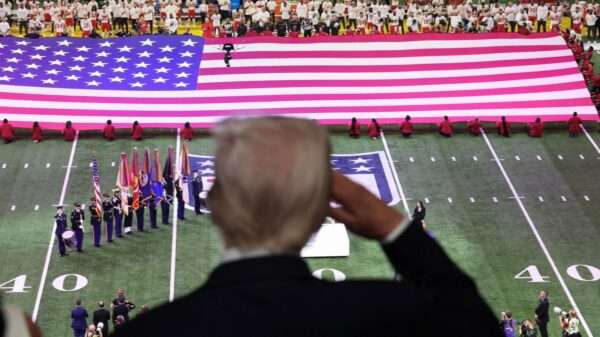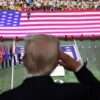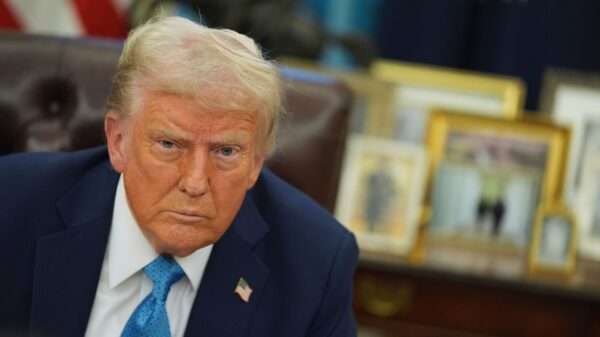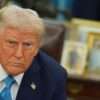Nigel Farage, the former leader of the UK Independence Party (UKIP) and a prominent figure in the Brexit movement, recently claimed that former US President Donald Trump “learned a lot” from him. Farage’s assertion highlights the mutual admiration and ideological alignment between the two right-wing populist leaders, who have both leveraged nationalist rhetoric and a strong anti-establishment stance to gain substantial political influence in their respective countries.
Farage’s comments came during a period of reflection on the impact of his political career and his role in shaping contemporary populist movements. He emphasized the close relationship he has maintained with Trump over the years, noting that their interactions have been marked by a sharing of ideas and strategies. According to Farage, his approach to politics, particularly his use of direct communication with the electorate and his emphasis on national sovereignty, resonated with Trump and influenced the latter’s campaign tactics and policy positions.
The claim that Trump “learned a lot” from Farage is not entirely surprising, given their shared political goals and methods. Both leaders have built their careers on challenging the political status quo, advocating for tighter immigration controls, and promoting a vision of national revival. Farage’s successful campaign for Brexit, which culminated in the UK’s decision to leave the European Union in 2016, served as a template for Trump’s “Make America Great Again” slogan and his 2016 presidential campaign, which similarly called for a return to a perceived past greatness.
Farage’s influence on Trump can be seen in several key aspects of Trump’s political style and messaging. Like Farage, Trump has consistently attacked the mainstream media, labeling it as biased and untrustworthy. This tactic has helped both leaders to galvanize their supporters by positioning themselves as outsiders fighting against a corrupt and out-of-touch establishment. Additionally, Farage’s skillful use of social media and public speaking to bypass traditional media gatekeepers and connect directly with voters has been mirrored by Trump, who has famously used Twitter as a primary communication tool.
The relationship between Farage and Trump is also evident in their public appearances together. Farage was one of the first foreign politicians to meet with Trump after his election victory in November 2016, and he even spoke at a Trump campaign rally in Mississippi during the 2016 election cycle. Farage’s presence at Trump rallies and his vocal support for Trump’s policies have further cemented the perception of a close alliance between the two men.
Critics, however, argue that Farage’s claim of having significantly influenced Trump is overstated and serves to bolster Farage’s own legacy rather than accurately reflecting the dynamics of their relationship. They point out that Trump’s political rise was primarily driven by domestic factors and a unique blend of personal charisma and media savvy that was distinct from Farage’s approach. Moreover, the political landscapes of the United States and the United Kingdom are different enough that direct comparisons between the two leaders’ strategies should be made cautiously.
Regardless of the extent to which Trump may have been influenced by Farage, the bond between the two figures is emblematic of the broader transatlantic populist movement that has reshaped Western politics in recent years. Farage’s assertion that Trump “learned a lot” from him underscores the interconnectedness of right-wing populist leaders and their shared commitment to challenging globalist policies and advocating for national sovereignty. As both men continue to wield significant influence within their political spheres, their relationship remains a testament to the enduring appeal of populist rhetoric in the contemporary political landscape.
































